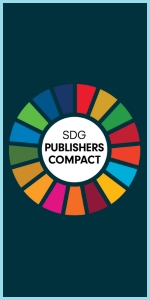FP22131Assessing genetic diversity and population structure of Iranian melons (Cucumis melo) collection using primer pair markers in association with resistance to Fusarium wilt
 , Hamed Hassanzadeh Khankahdani and Maryam Golabadi
, Hamed Hassanzadeh Khankahdani and Maryam Golabadi
Primer pair markers showed the best performance in genetic diversity of the melon (Cucumis melo L.) populations. Three out of the 35 markers tested indicated the greatest compatibility with the grouping resulting from the Fusarium wilt disease severity. Based on the degree of disease resistance, it is possible to differentiate melon resistance and susceptibilty to Fusarium wilt disease. A significant key to describing different species to use the diversity distribution of different cultivated and genetic geographical and wild assemblages.





